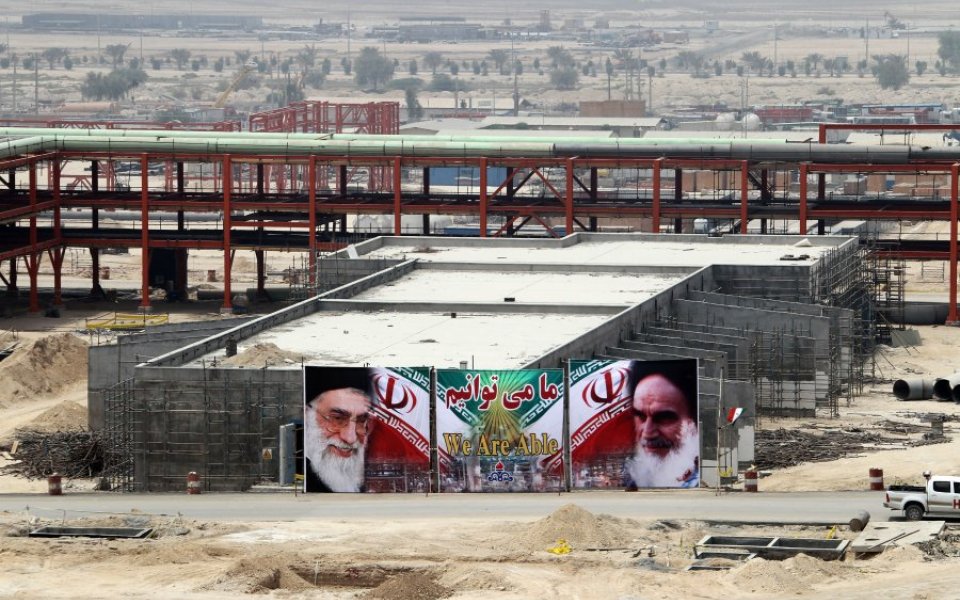Lifting of Iran sanctions causes Opec output to soar to fresh highs in January

Opec oil production soared to its highest level in almost two decades this month, with Iran driving the largest increase in supply, according to a new survey.
Saudi Arabia and Iraq also ramped up production in January, the Reuters data said.
The oil market is already suffering with a massive supply glut, thanks to Saudi’s “lower for longer” oil price strategy that it hopes will eventually drive out higher cost producers.
The findings contrast with recent comments from Opec officials and non-Opec member Russia that implied there could be negotiations to cut production.
Iran provided the biggest increase in Opec supply, after some US sanctions were lifted on 16 January as part of a deal to make Iran scale back its nuclear programme.
Sources familiar with the matter told Reuters that Iran is reluctant to restrain supply as it wants to claw back market share and feels that its economic situation is less affected by the low oil price because of the lifting of sanctions.
Opec’s oil output rose to 32.6 million barrels per day in January from 32.31 million barrels in December, according to the survey, based on shipping data and information from sources at oil companies, Opec and consultants.
Excluding the contribution of Indonesia, which returned as an Opec member last month, January’s Opec output totalled 31.9 million barrels per day, the highest since the Reuters survey began in 1997.
Saudi Arabia’s strategy to keep production high has crippled other Opec producers such as Venezuela who rely almost solely on oil revenues to keep their country’s economy afloat.
While Saudi is far from penniless, the fall in the price made the Gulf state tap the bond market for $27bn late last year and it is now mulling an initial public offering of state-owned oil company Saudi Aramco.